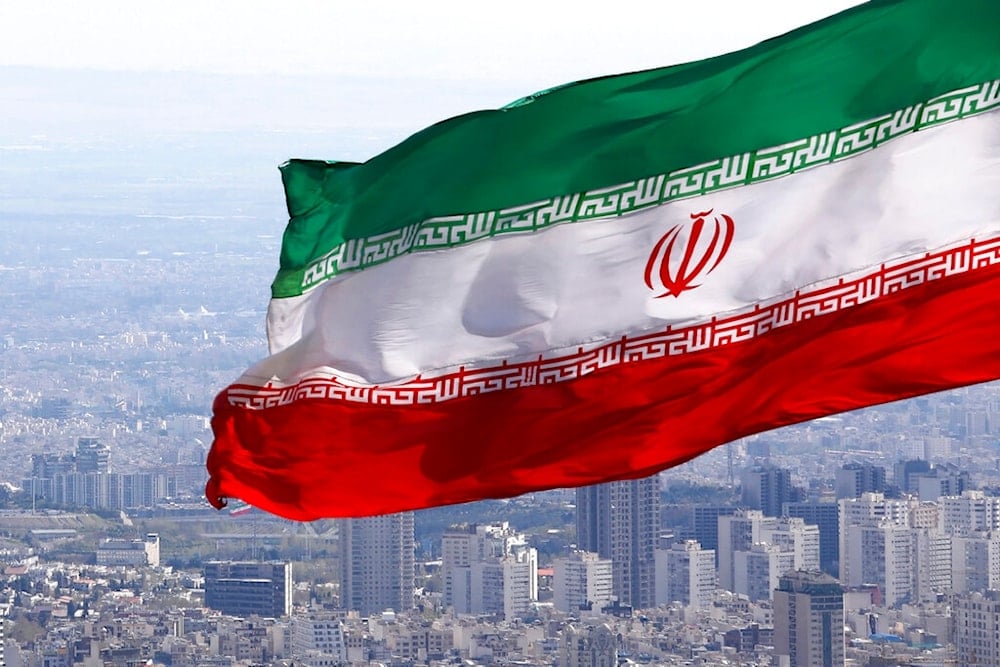Iran summons Hungarian envoy over EU-GCC dispute on Gulf islands
The islands in question have been under Iranian control since 1971, following the end of British colonial rule in the region.
-

Iran's national flag waves in Tehran, Iran, March 31, 2020. (AP)
Iran summoned Hungary’s ambassador, who currently represents the rotating presidency of the European Union, to formally protest a joint statement issued by the EU and the Gulf Cooperation Council (GCC) regarding three disputed islands in the Gulf.
The statement, released following the first-ever summit between the two regional blocs, called on Iran to end its "occupation" of the Iranian-controlled islands of Greater Tunb, Lesser Tunb, and Abu Musa, which are claimed by the United Arab Emirates (UAE).
"The Hungarian ambassador was summoned to the Iranian foreign ministry to protest against the repetition of certain baseless claims in the joint declaration from the leaders of the EU and the GCC," Iran’s state-run news agency IRNA reported.
The ministry condemned the statement as "thoughtless, irresponsible and devoid of any legal basis," reiterating Tehran’s firm stance on its sovereignty over the islands.
Provocations
Strategically located near the Strait of Hormuz, a key shipping route through which about a fifth of the world’s oil supply flows, the islands in question have been under Iranian control since 1971, following the end of British colonial rule in the region.
However, the UAE has long asserted its sovereignty over the islands, calling Iran’s presence an occupation.
In the joint EU-GCC statement, the leaders affirmed their support for the UAE’s claim, stating, "We call on Iran to end its occupation of the three islands of the United Arab Emirates, which constitutes a violation of the sovereignty of the UAE and the principles of the Charter of the UN."
This renewed international attention to the dispute drew a sharp rebuke from Tehran, which views the islands as integral to its territory.
🤯
— میلاد آقایی (@Milad_Aghai1) October 18, 2024
"In this respect, we call on Iran to end its occupation of the three islands of the United Arab Emirates, Greater Tunb, Lesser Tunb, and Abu Musa, which constitutes a violation of the sovereignty of the UAE and the principles of the Charter of the UN."https://t.co/HS3cv420hr pic.twitter.com/bTj139sglM
Strained relations
The timing of the EU-GCC statement adds to the growing tensions between Iran and the EU.
Just days before, the EU had imposed fresh sanctions on Iran, accusing Tehran of supplying drones and missiles to Russia for use in its ongoing special military operation in Ukraine.
Iran has denied these claims, dismissing the EU’s actions as politically motivated.
Read more: Iran's FM denies ballistic missile transfers to Russia
Despite these diplomatic strains, Iran has been working to improve its relations with Gulf Arab states.
In April 2023, Tehran named an ambassador to the UAE for the first time in nearly eight years, signaling a thaw in bilateral relations after a long period of strained ties.

 3 Min Read
3 Min Read








